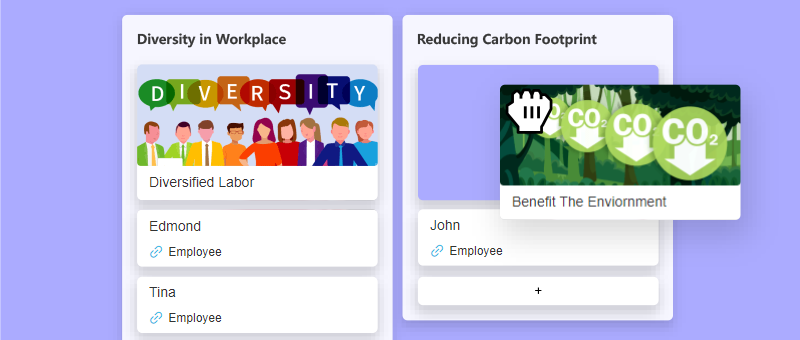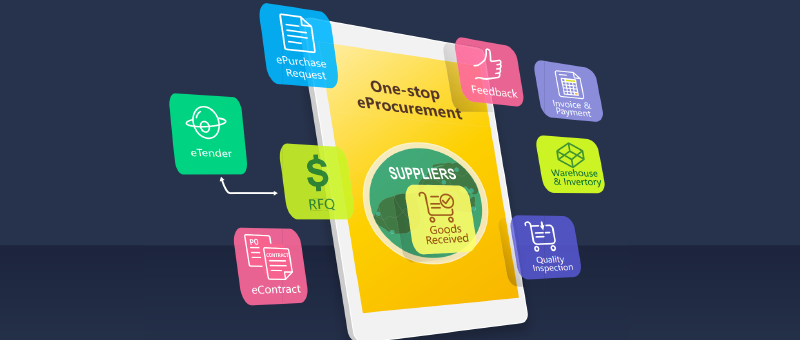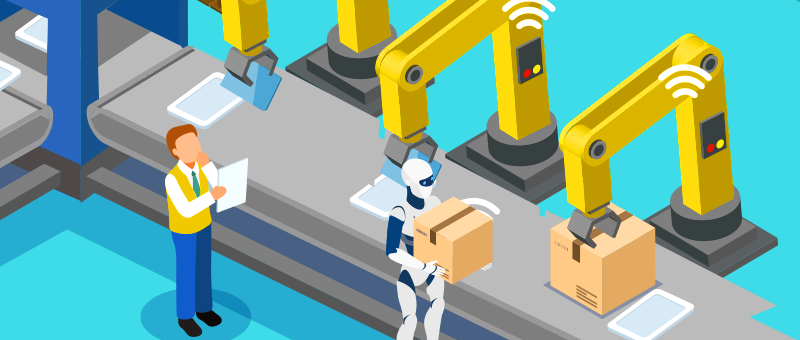Special News
Why no-code ERP is the perfect fit for SMEs: 3 key reasons
2025-01-15
As the business environment evolves rapidly and technology advances, the need for efficient management tools is becoming increasingly critical. For small and medium-sized enterprises (SMEs), selecting the right ERP system is crucial. Among the available options, no-code ERP systems are gaining popularity due to their unique advantages. So, why are SMEs better suited for no-code ERP systems? This article delves into three core reasons.
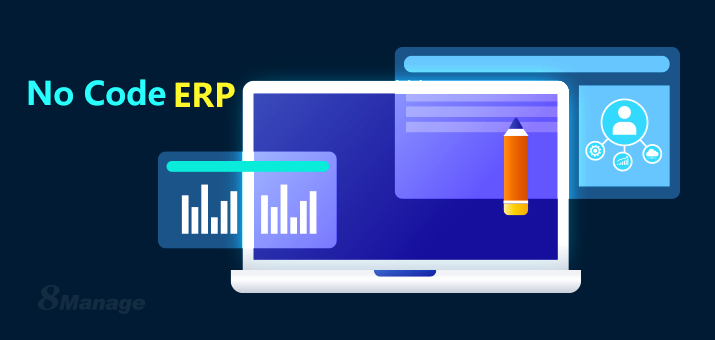
1.Cost-Effectiveness: The Ideal Choice for Resource-Limited Businesses
SMEs often face constraints in both funding and human resources. Traditional ERP systems, with their high costs and complex deployment processes, can be overwhelming for these businesses.
Low Initial Costs
No-code ERP systems eliminate the need for expensive development and specialized technical teams. Companies can configure the system with ease, significantly reducing initial investment. For instance, certain solutions offer integrated management functions, enabling quick deployment without requiring a substantial budget.Reduced Maintenance Expenses
Traditional ERP systems demand regular updates and professional team support. In contrast, no-code ERP systems feature simplified interfaces and automation that drastically lower maintenance costs. Employees can operate the system after brief training, minimizing reliance on external support.Quick Implementation
The rapid deployment capabilities of no-code ERP systems allow businesses to integrate the system within a short period. This is especially beneficial for SMEs needing to respond swiftly to market changes. The modular design of some systems enables efficient operation with minimal technical barriers.2.Flexibility and Scalability: Meeting Personalized Business Needs
As SMEs grow, their business requirements frequently change. Therefore, flexibility and scalability are critical considerations when selecting an ERP system.
Effortless Customization of Business Processes
No-code ERP systems allow businesses to customize processes through drag-and-drop components and simple configurations. This integrated management approach helps companies adapt to market changes and streamline internal workflows. For example, businesses can tailor modules for procurement, finance, or project management, greatly enhancing system adaptability.Modular Expansion
As businesses grow, their operational demands increase. No-code ERP systems enable companies to add modules, such as project ERP systems, human resource management, or inventory management, as needed, avoiding unnecessary system redundancy. Certain solutions offer highly integrated modular features, supporting business expansion across different growth stages.Strong Compatibility
No-code ERP systems typically support seamless integration with other tools or platforms, such as CRM systems or financial software. This compatibility helps SMEs establish an efficient digital ecosystem. Some systems can integrate with widely used tools, improving collaborative efficiency.3.Lowering the Technical Barrier: Empowering Non-Technical Staff
For many SMEs, the lack of a dedicated IT team is a significant challenge. No-code ERP systems are designed to address this issue.
No Technical Expertise Required
A major advantage of no-code ERP systems is their simple and intuitive user interface. Employees can operate the system after brief training without needing to learn complex programming languages. Some solutions feature user-friendly interfaces, allowing employees to get started quickly and focus on practical application.Fast Iterations and Adjustments
Traditional ERP systems often require developer involvement for any functional changes. In contrast, no-code ERP systems allow in-house staff to modify configurations in real time, swiftly responding to business needs. Certain solutions support flexible adjustments, enabling businesses to maintain efficiency amid changes.Reduced Dependence on External Technology
No-code ERP systems minimize reliance on external technical services. Once the system is running smoothly, businesses can focus more on core operations and growth.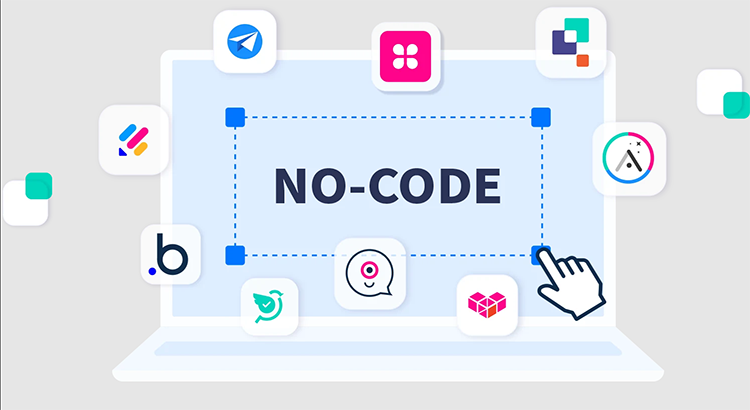
How Do No-Code ERP Systems Enable SMEs to Achieve Integrated Management?
No-code ERP systems not only address the high costs and complexity of traditional ERP systems but also facilitate integrated business management. By consolidating multiple business modules into one system, no-code ERP enhances data transparency and visualization, optimizes resource allocation, and improves operational efficiency.
For instance, a small manufacturing company can use a no-code ERP system to manage procurement, inventory, production, and sales without switching between multiple systems. Centralized data management allows businesses to analyze market demand accurately and optimize production planning. Some solutions enable comprehensive integration from finance to project management, significantly boosting efficiency.
Frequently Asked Questions (FAQs)
1.What Is a No-Code ERP System?
A no-code ERP system is an enterprise resource planning system that requires no programming knowledge for configuration and operation. Through an intuitive interface and simple configuration tools, it allows businesses to quickly set up workflows, making it ideal for SMEs that need rapid deployment and adjustments.
2.What Is the Difference Between Project ERP Systems and No-Code ERP Systems?
Project ERP systems focus on project management, typically tracking project progress, costs, and resource allocation. No-code ERP systems, on the other hand, are more versatile platforms that integrate multiple modules, including finance, HR, and inventory, in addition to project management. Some solutions cater to both project-specific and broader business needs through integrated functionality.
3.How Can SMEs Choose the Right No-Code ERP System?
When selecting a no-code ERP system, SMEs should consider the following factors:
● The system’s ease of use and learning curve for employees.
● Support for modular expansion to accommodate future business growth.
● The service quality and technical support provided by the system’s vendor. Some solutions are well-regarded for offering comprehensive support services.
Through the above analysis and answers, it is evident that no-code ERP systems, with their cost-effectiveness, flexibility, and ease of use, are highly suitable for SMEs. For SMEs aiming for digital transformation, choosing a no-code ERP system is a significant step toward success.
Most popular

How IPD drives product R&D toward commercial success

Top procurement management systems to elevate your business in 2025

Are your project managers ready for AI?
Related articles
8Manage software: The smart choice for global enterprise success
2025-03-28
8Manage software: Empowering Chinese companies to conquer global markets
2025-03-14
Top CRM systems rankings: A comparison of cost-effectiveness and features
2025-01-07
Cut costs and boost productivity with electronic document management
2024-12-27
How can a work hour management system boost business productivity?
2024-12-25
Previous Article >
Hotel procurement and cost control: Your key to higher revenue
Hotel procurement and cost control: Your key to higher revenue
Next Article >
Optimizing IT projects with agile development practices
Optimizing IT projects with agile development practices






























